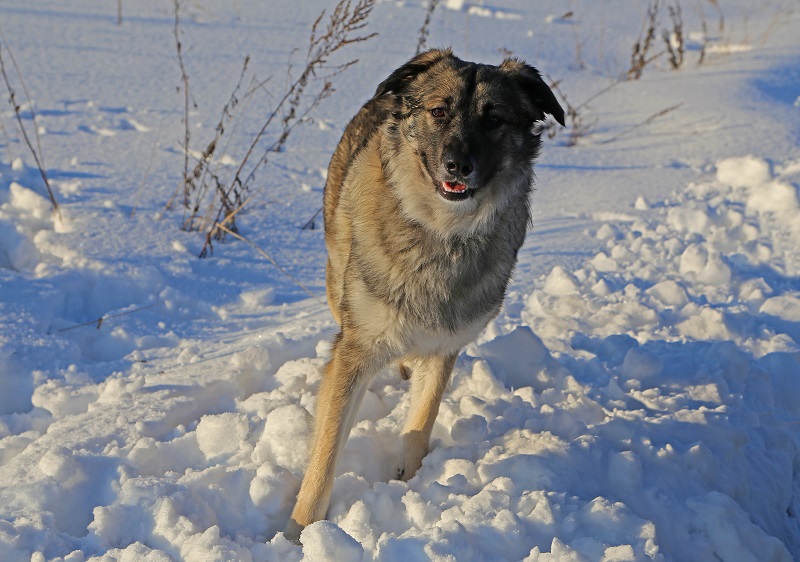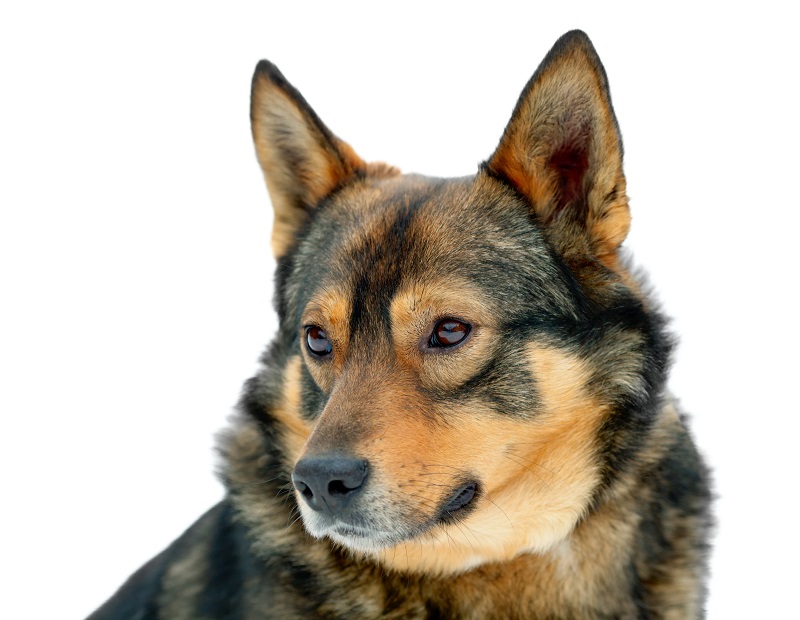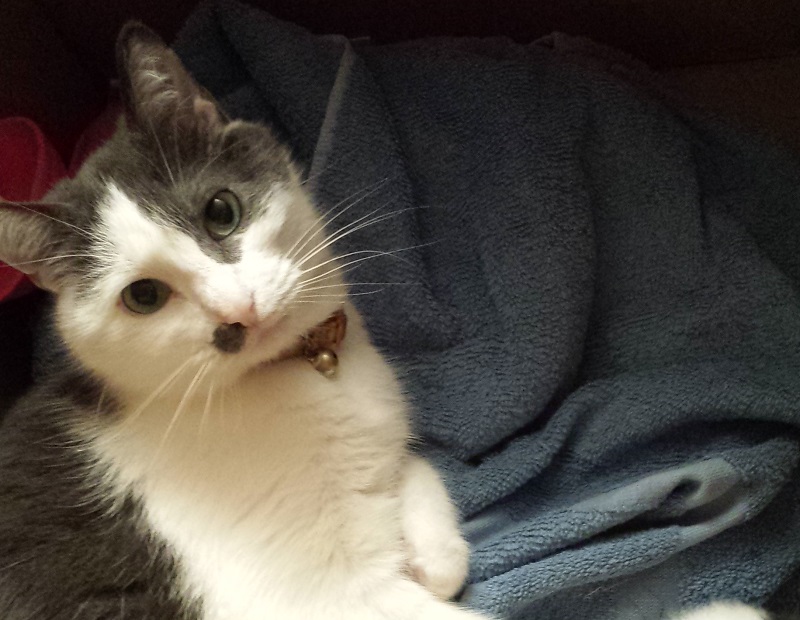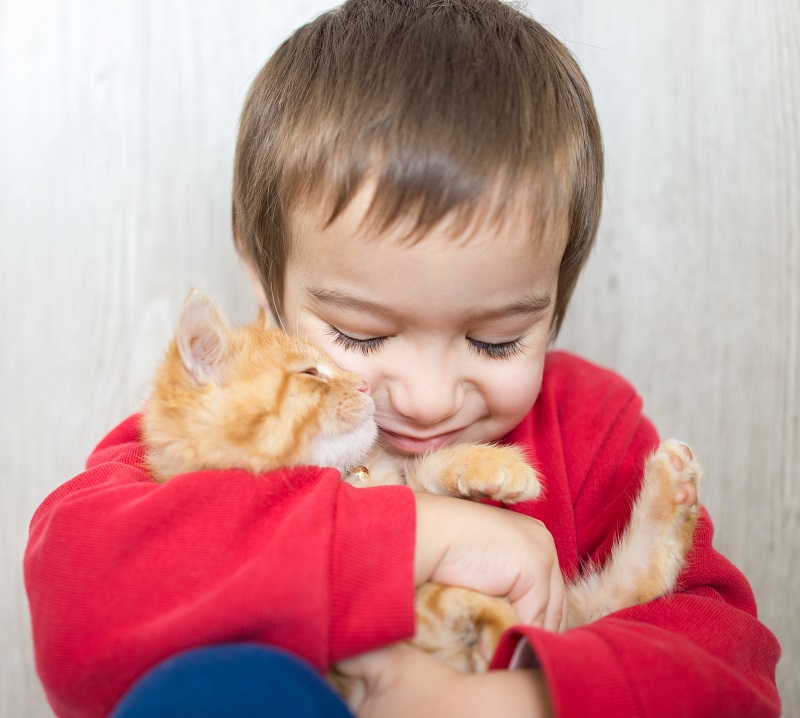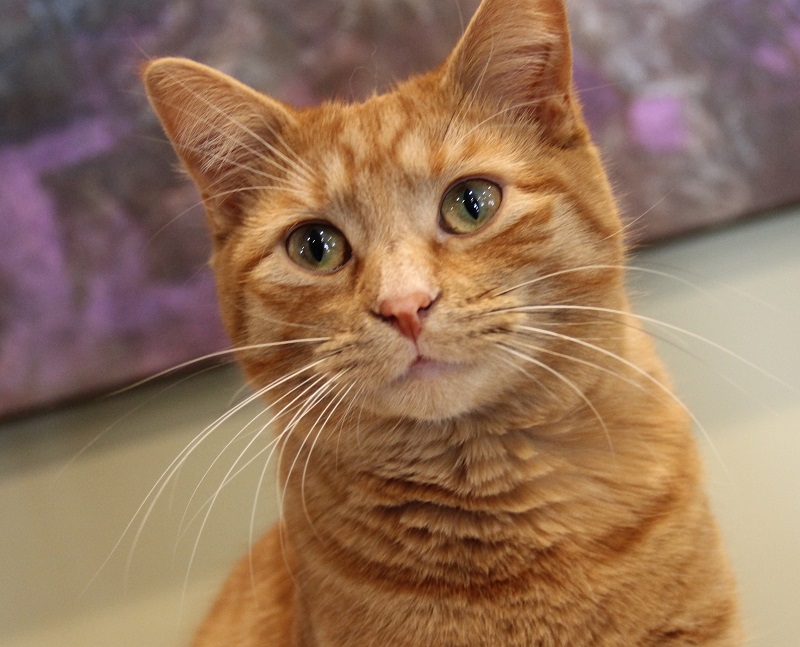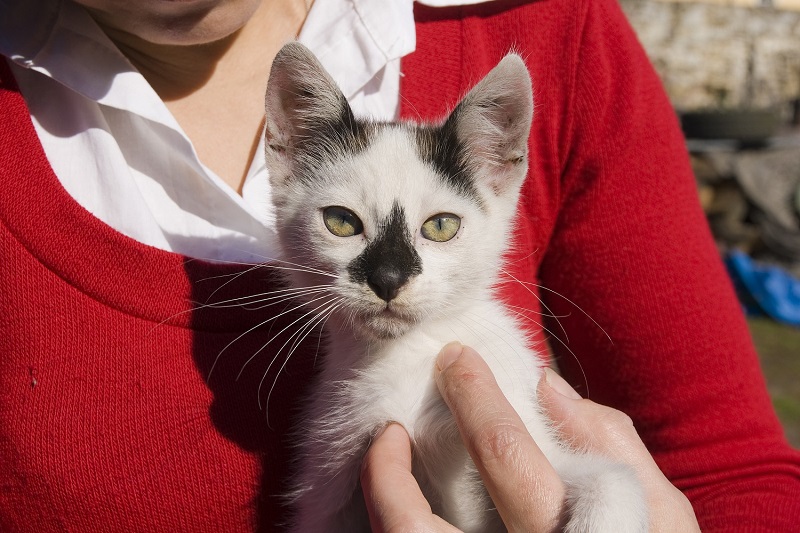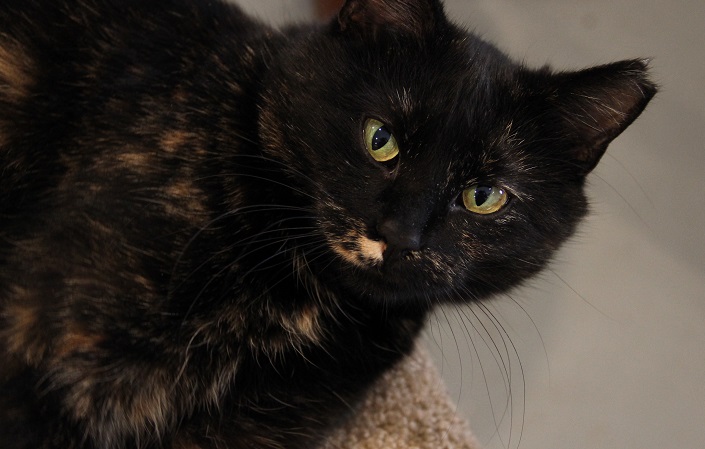It is important to vaccinate your pets so they can live long and healthy lives.
Canine Vaccinations
Leptospirosis (Lepto) Disease
Leptospirosis is a bacterial disease that effects dogs, humans and multiple animal species (all mammals). It is spread through the urine of wild animals such as raccoons and skunks, and stray dogs. It can lead to organ damage or failure. Symptoms include: weight loss, vomiting, fever, diarrhea, abdominal pain and dehydration. Vaccinating against this disease is especially important because it can also be passed to humans.
Lyme Disease
Lyme disease is caused by Borellia Burgdorferi, and spread by deer ticks. Ticks must be attached to the animal for 18 hours before the infection occurs. It can lead to lameness, fever, loss of appetite, or show no signs at all. Left untreated, it can cause kidney failure. Vaccination and the use of year-round flea & tick prevention are the best tools we have to fight this infection. We recommend Nexgard Plus or Nexgard all year. Vaccinations can be started at 9 weeks of age. After the initial dose, it is our protocol (per the manufacturer's recommendation) to booster 3-4 weeks later, a 3rd dose 6 months later and a 4th dose 6 months following. The dog would then receive annual boosters.
Distemper Virus
Distemper is a virus that can be transmitted through body secretions such as urine, and by air when infected animals cough. Symptoms include a nasal and eye discharge, diarrhea, coughing, vomiting, seizures and an inconsistent fever. Puppies should have a series of 3 vaccinations starting at 6 weeks of age.
Rabies Virus
Rabies is a viral infection that can be contracted by exposure to the saliva of an infected animal through a bite, scratch or cut. Symptoms of rabies include: erratic behavior, restlessness, aggression, anxiety, weakness, poor coordination and tremors. For more information go to: CDC.gov. Puppies and kittens should receive the vaccine at 12 weeks of age.
Tracheobronchitis (Kennel Cough)
Kennel Cough is a contagious respiratory disease resulting in inflammation of the trachea and bronchi. The main symptom is a persistent dry "honking" cough and with some animals can develop nasal discharge and fever. For more information go to: ASPCA.org.
Feline Vaccinations
Feline Panleukopenia Virus Vaccine
Feline panleukopenia (also commonly called feline distemper) is a highly contagious and deadly viral disease of cats. It is an extremely hardy virus, able to survive extreme heat and cold. Due to effective vaccines, panleukopenia is now considered uncommon. We highly recommend vaccination for all cats due to the hardiness of the virus and its deadly effects.
Feline Calicivirus/Rhinotracheitis (Herpesvirus) Vaccine
Feline calicivirus (FCV) is a virus that is a significant cause of upper respiratory infections and oral disease in cats. Although several different viruses and bacteria can cause respiratory disease in cats, calicivirus is one of the more common infectious agents isolated in cats with a respiratory infection.
Feline viral rhinotracheitis (FVR) is an upper respiratory infection of the nose and throat in cats. It is caused by, and also known as, feline herpesvirus 1 (FHV-1). Cats of all ages are susceptible, but kittens are at a higher risk and may be infected at about five weeks of age. Pregnant cats or those suffering from a lowered immunity due to a pre-existing disease are also at higher risk.
At some time in their lives, most cats are exposed to these viruses. The vaccines available will minimize the severity of these infections. While vaccination will not completely prevent disease in all situations, it is highly recommended for all cats.
Feline Leukemia Virus Vaccine
Feline leukemia virus (FeLV) is the leading viral killer of cats. The virus is commonly contracted through bite wounds, casual contact or from mother to kitten. Those most likely to become infected are outdoor cats and indoor/outdoor cats. Indoor-only cats with no exposure to potentially infected cats are extremely unlikely to become infected. FeLV vaccines are recommended for all cats that go outside.
Rabies Virus
Rabies is a viral infection that can be contracted by exposure to the saliva of an infected animal through a bite, scratch or cut. Symptoms of rabies include: erratic behavior, restlessness, aggression, anxiety, weakness, poor coordination and tremors. For more information go to: CDC.gov. Puppies and kittens should receive the vaccine at 12 weeks of age.



